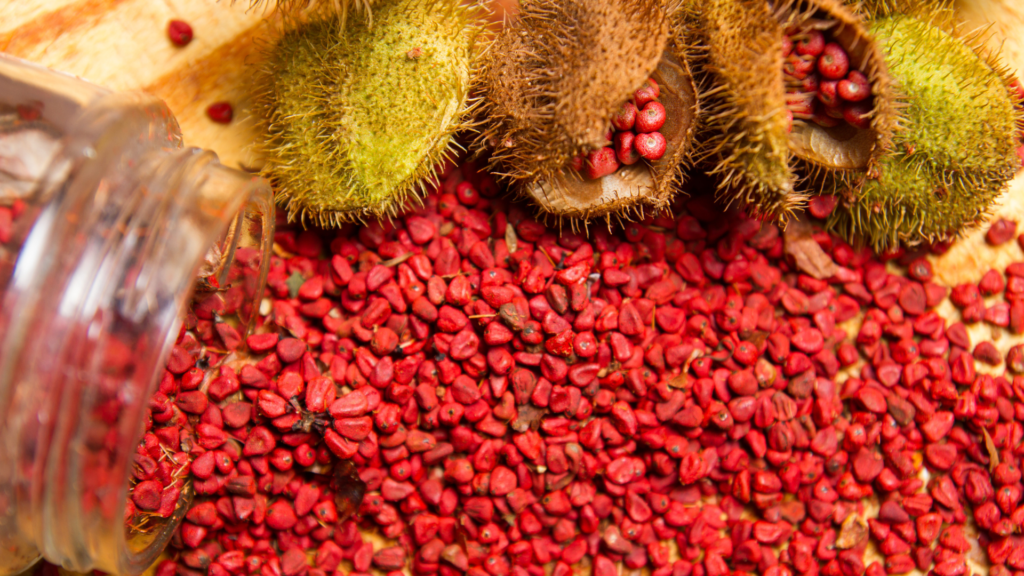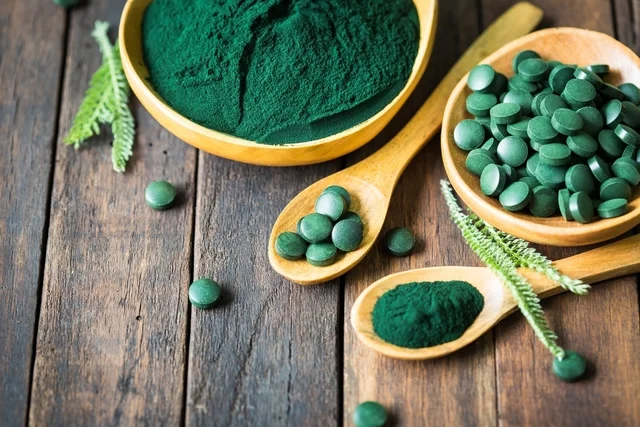Turmeric
Turmeric: The Golden Spice with Health Benefits
Turmeric, scientifically known as Curcuma longa, is a bright yellow spice commonly used in Asian cuisine and traditional medicine. It’s renowned for its distinctive flavor and vibrant color, but it’s also celebrated for its numerous health benefits. Here’s a closer look at this remarkable spice.
- Culinary Use
Turmeric is a staple in many South Asian and Middle Eastern cuisines, where it’s often used as a key ingredient in curry dishes. Its earthy, slightly bitter flavor adds depth to foods, and its vivid color enhances the visual appeal of dishes.
- Active Compound: Curcumin
The primary bioactive compound in turmeric responsible for its health benefits is curcumin. Curcumin is known for its potent antioxidant and anti-inflammatory properties. It’s the compound that gives turmeric its characteristic yellow color.
- Anti-Inflammatory Benefits
Chronic inflammation is believed to be a contributing factor to many diseases, including heart disease, cancer, and neurodegenerative conditions. Curcumin in turmeric has been shown to have anti-inflammatory effects, potentially helping to reduce the risk of these diseases.
- Antioxidant Properties
Curcumin is a powerful antioxidant that helps neutralize harmful free radicals in the body. This antioxidant activity may protect cells and DNA from damage and contribute to overall health.
- Pain Relief
Traditionally, turmeric has been used to alleviate pain and discomfort. Some studies suggest that curcumin’s anti-inflammatory properties can be effective in managing conditions like arthritis and muscle pain.
- Brain Health
There is emerging research on the potential cognitive benefits of curcumin. It may support brain health and possibly reduce the risk of neurodegenerative diseases like Alzheimer’s.
- Digestive Health
Turmeric has a long history of use in traditional medicine to aid digestion. It may help reduce symptoms of indigestion and support a healthy digestive system.
- Potential Cancer Prevention
While more research is needed, some studies suggest that curcumin may have anti-cancer properties. It may inhibit the growth of cancer cells and prevent the spread of tumors.
- How to Incorporate Turmeric
Turmeric can be added to a variety of dishes, including curries, soups, stews, and rice dishes. You can also make a warming and soothing turmeric tea by mixing turmeric with hot water, honey, and a pinch of black pepper to enhance curcumin absorption.
- Precautions
While turmeric is generally safe when used as a spice in food, high doses of curcumin supplements may have side effects or interact with certain medications. It’s advisable to consult with a healthcare professional before taking turmeric supplements, especially if you have underlying health conditions.
In conclusion, turmeric is more than just a spice; it’s a potent natural remedy with a wide range of potential health benefits. Whether you enjoy its culinary uses or explore its therapeutic properties, incorporating turmeric into your diet can be a flavorful and nutritious choice.
Other Products
How We Work
Our Process
Our Lines up of activities ensure you get the desired product, in the set quality parameter, on time! Request a quote and get things moving now.
Procurement
Specialised Source Points for our products.
Sorting & Cleaning
Handpicked Quality comes from here.
Packaging
Best-in-class materials to ensure safe transit
Delivery
We plan each activity as per Shipping Line Schedules.







